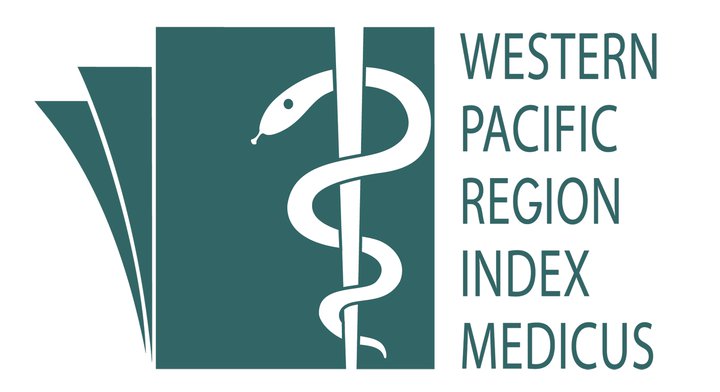Mobile Learning: Student-Generated Activities among Post-Graduate Students in the Field of Public Health Promotion
Keywords:
E-Learning, Health Education, Mobile Device, Video, Local ContentAbstract
Introduction:
The development of technology as well as the use of smartphones has become increasingly popular among students. The majority of students entering institutes of higher education own a smartphone. However, the impact of smartphone use in the area of public health learning is under-researched. The usage of smartphones is believed to enhance the learning of public health subjects, particularly in the Malaysian context. This study was conducted to identify the opinion of students and academicians on the benefits of using smartphones in student-generated activities in Health Promotion, as one of the subjects in public health in a Malaysian university.
Methodology:
Focus Group Discussions and In-depth Interviews were conducted among students and academicians. All interviews were recorded and transcribed into verbatim. The data were analysed via thematic analysis to identify key themes and patterns in the participants’ responses.
Result:
The results showed that the majority of students and lecturers agreed on student-generated activities in producing Health Promotion videos using mobile devices such as smartphones. They felt that such activities can be applied into other subjects based on suitability and the study outcome, as well as their career in the public health sector in the future.
Conclusion:
The findings suggest that integrating smartphones into student-generated activities can enhance learning engagement and practical skill development in public health education. Such approaches may also encourage creativity and prepare students for real-world applications in their future professional roles.
Downloads
Published
How to Cite
Issue
Section
License
Copyright (c) 2025 Naqibah Zainal Arif, Faiz Daud, Shamsul Arrieya Ariffin, Syahidatun Najwa Abu Zahid

This work is licensed under a Creative Commons Attribution-NonCommercial 4.0 International License.
IJPHR applies the Creative Commons Attribution (CC BY) license to articles and other works we publish. If you submit your paper for publication by IJPHR, you agree to have the CC BY license applied to your work. Under this Open Access license, you as the author agree that anyone can reuse your article in whole or part for any purpose, for free, even for commercial purposes. Anyone may copy, distribute, or reuse the content as long as the author and original source are properly cited. This facilitates freedom in re-use and also ensures that IJPHR content can be mined without barriers for the needs of research.





